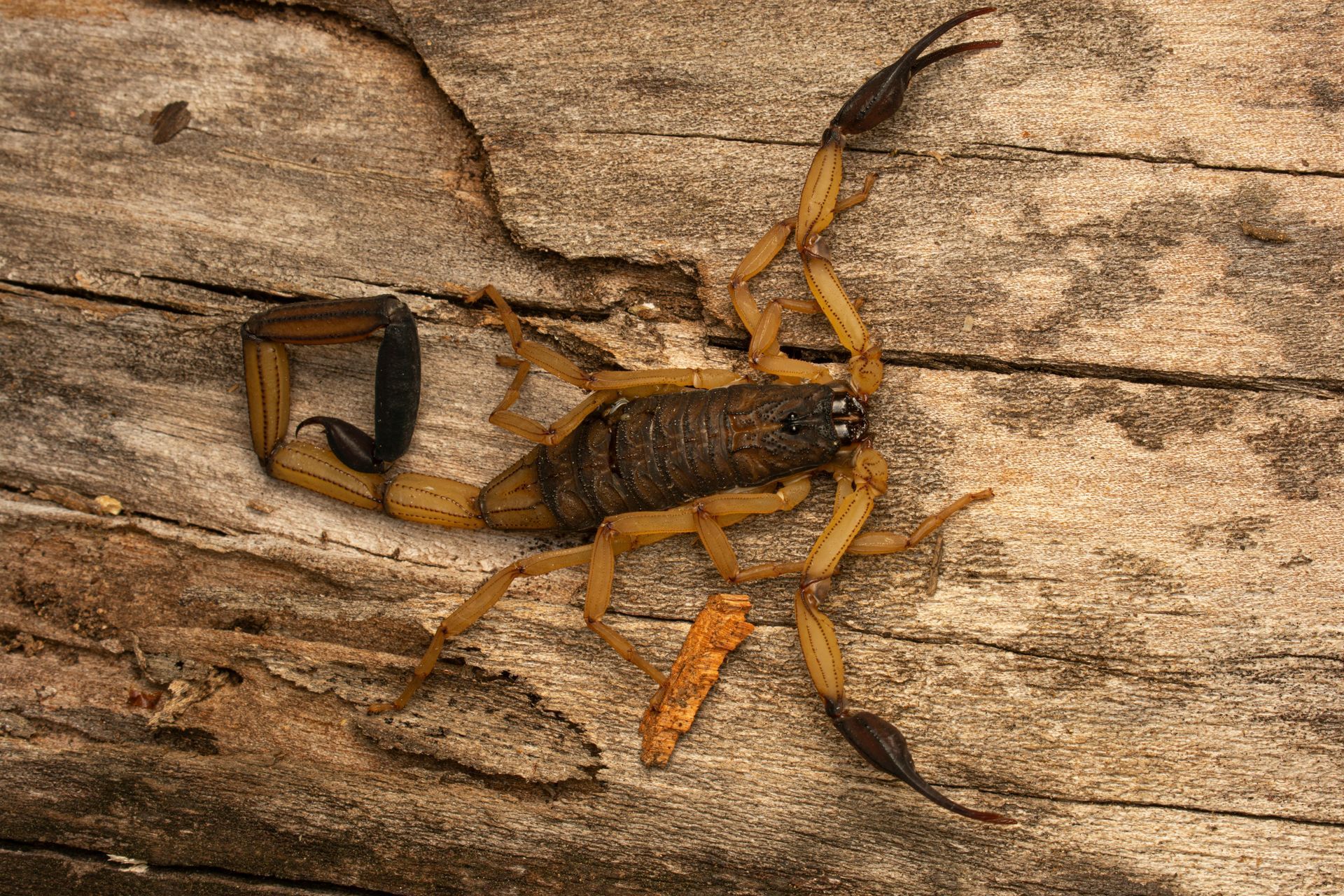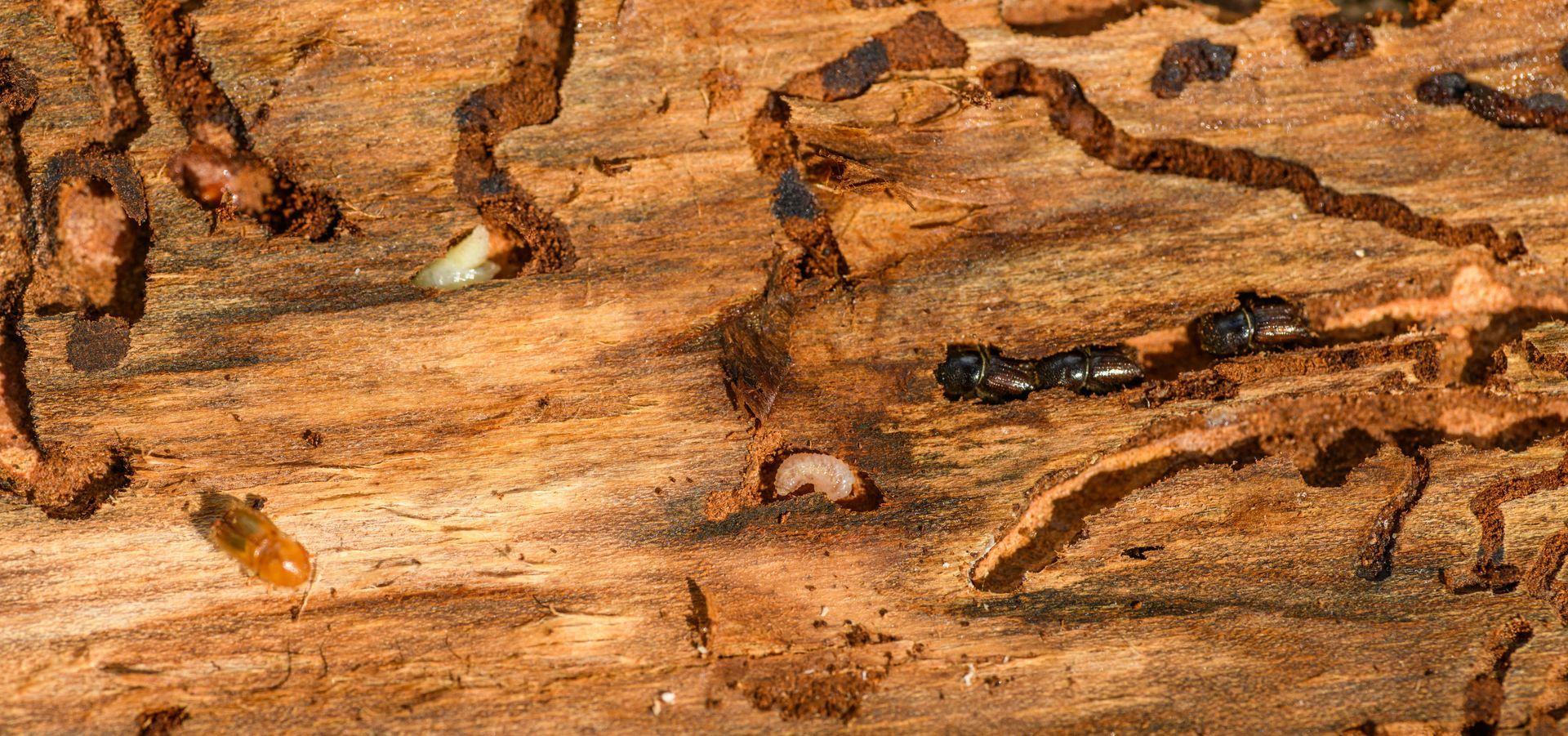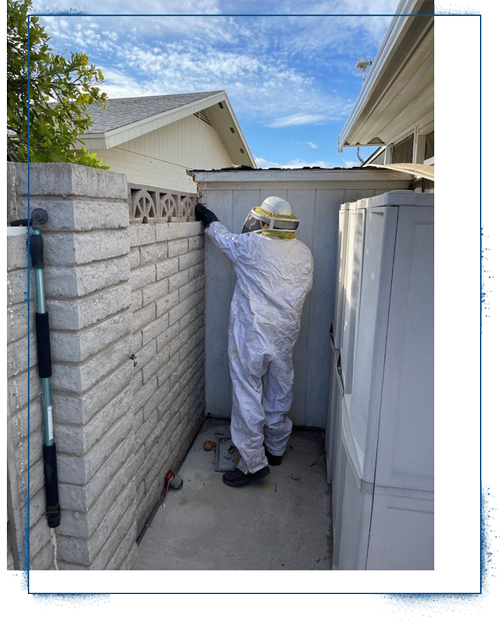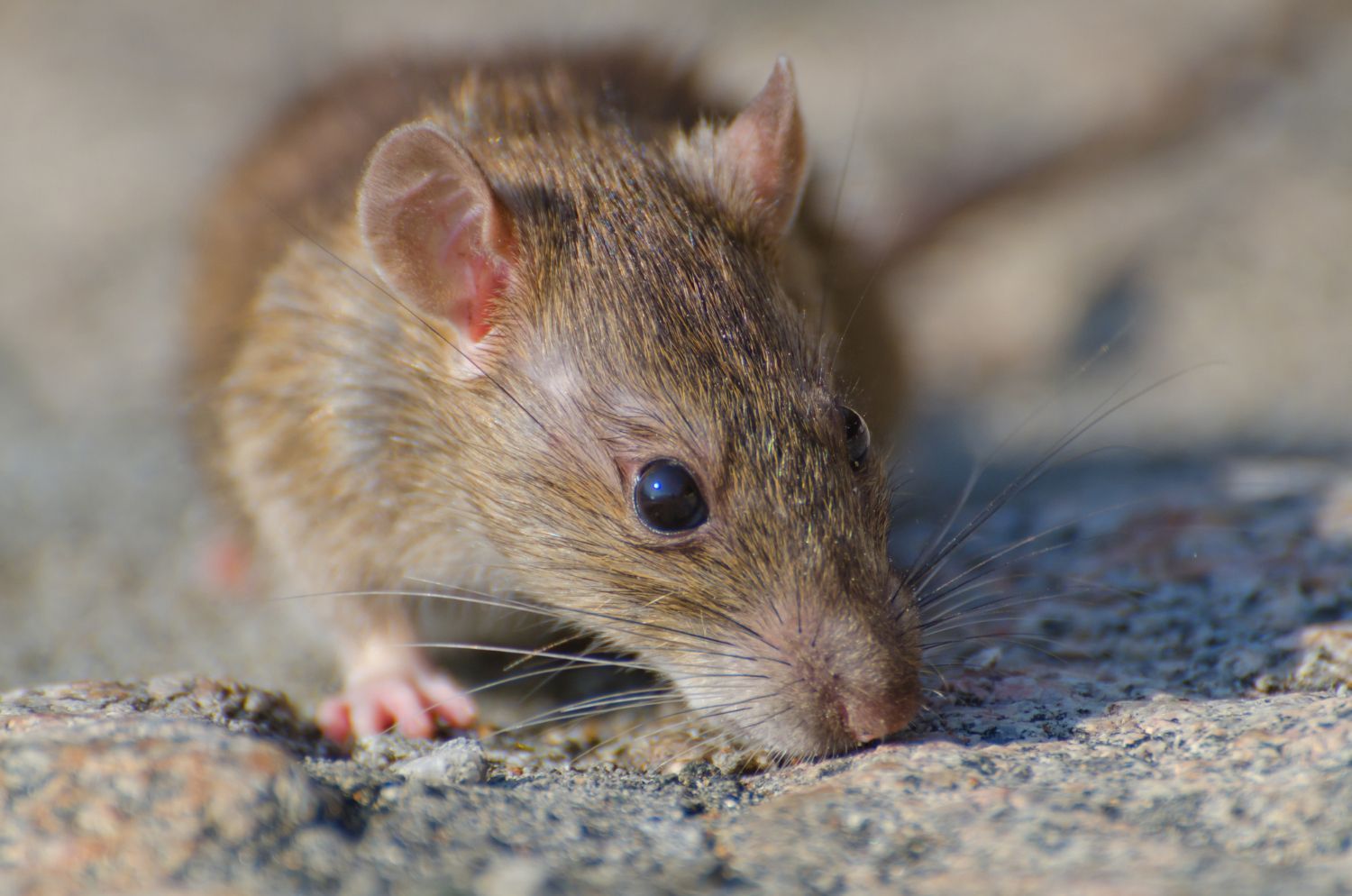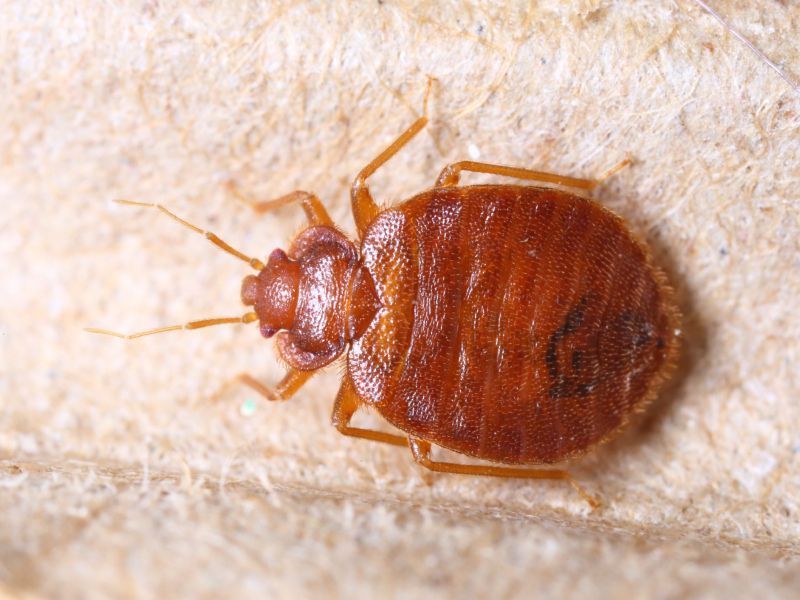If you live in Mesa, you already know our desert landscape is beautiful. We get endless sunshine, warm nights, and some of the best year round outdoor living in the country. Unfortunately, pests also think Mesa is paradise. Scorpions, ants, spiders, roaches, and rodents have no problem settling onto properties that offer food, water, or even a little patch of shade.
So how often should you actually schedule pest control? Is it monthly? Quarterly? Twice a year? Do you just wait until you see a scorpion sprint across the living room and then panic call a professional?
To help you stay ahead of unwanted visitors, this guide explains everything you need to know about pest control maintenance, ideal treatment schedules, seasonal needs, and how to keep your Mesa home or business protected year round.
Why Pest Control Maintenance Matters in Mesa
Mesa is uniquely positioned for pest activity because our warm climate allows pests to stay active much longer than in cooler states. While homeowners in other regions enjoy a winter break from bugs, we simply do not get that luxury.
Desert Climate Means Year Round Activity
Here is what makes routine pest control especially important in Mesa:
- Warm temperatures almost year round: Many pests survive and breed all year due to mild winters. They do not slow down, which means infestations grow quickly if left unaddressed.
- Scorpions thrive in dry climates: Our area is home to the bark scorpion, a species that loves hiding in cracks, clutter, and cool shaded areas near homes.
- Rodent activity increases seasonally: When temperatures rise, rodents look for water. When temperatures drop, they look for warmth indoors. Either way, they do not stay outside.
- Roaches flourish in irrigated neighborhoods: Backyards with regular watering create humid pockets that attract American and German cockroaches.
The bottom line is simple. If you want to stay pest free in Mesa, regular attention is required. Routine pest control is not a luxury. It is essential home and business maintenance.
How Often Should You Schedule Pest Control? Recommended Treatment Frequency
The ideal frequency depends on your property, your pest issues, and environmental factors. While every situation is different, most Mesa properties benefit from a structured maintenance schedule.
Quarterly Pest Control Maintenance
For most homeowners and businesses, quarterly treatments work best. This means:
- One treatment every three months
- Year round protection against seasonal shifts
- Preventive barriers that stay effective without interruption
Quarterly treatments are considered the industry standard in warm climates because products break down faster in high heat and sunlight.
Bi Monthly Treatments
Some properties need slightly more attention. If you have recurring pests or live near desert preserves, canals, older construction, or irrigation heavy neighborhoods, bi monthly service may be the safer choice.
Choose bi monthly pest control if you:
- Frequently see scorpions
- Have recurring ant or spider issues
- Have had roaches appear more than once
- Own a commercial property with heavy foot traffic
- Have pets that attract fleas or ticks
Monthly Pest Control Services
Monthly pest control is ideal for high pressure situations such as:
- Severe scorpion activity
- Ongoing rodent problems
- Food service businesses
- Warehouses with large product storage
- Apartment complexes
Monthly treatments provide consistent reinforcement so pests do not have a chance to rebound.
One Time Treatments
These are useful for:
- Sudden ant invasions
- Wasps or bees in a specific area
- A spider sighting that made the entire household move to the couch
While one time services help with immediate issues, they do not prevent pests from returning. Consistent pest control maintenance will always outperform single treatments.
Seasonal Pest Patterns in Mesa and How They Affect Scheduling
Understanding seasonal pest behavior helps you know when prevention matters most. Mesa has very distinct pest seasons even though our weather is warm throughout the year.
Spring: Prime Breeding Season
Spring is when pests become more active. You will likely see:
- Ants
- Spiders
- Roaches
- Scorpions
- Bees and wasps
This season is one of the most important times to schedule pest control services Mesa AZ, because it sets the base protection for the entire year.
Summer: Peak Pest Pressure
Summer in Mesa brings intense heat, and pests become extremely active as they search for water and cooler hiding spots.
Expect to see:
- Scorpions coming indoors
- Rodents trying to escape the heat
- Roaches attracted to moisture
- Mosquitoes in irrigated zones
Routine pest control keeps barriers strong during summer when breakdown happens faster due to sun exposure.
Fall: Migration and Nesting Season
As temperatures drop slightly, pests look for warm places to settle.
This is when:
- Rodents try to enter homes or businesses
- Spiders begin moving into garages and sheds
- Ants look for food and nesting sites
A fall treatment is crucial for preventing winter infestations.
Winter: Reduced Activity but Not Gone
Winter in Mesa is mild, meaning pests do not vanish entirely.
You may still encounter:
- Spiders
- Rodents
- Roaches in warm areas
- Occasional scorpions in garages
Skipping winter treatment often results in a sudden explosion of pests in spring.
Signs You Need More Frequent Pest Control
Even if you normally follow a quarterly or bi monthly schedule, sometimes pests give you not so subtle hints that you need service sooner.
Watch for:
- Seeing more than one pest per week
- Random appearance of ants in the kitchen or bathrooms
- Finding spider webs overnight
- Hearing scratching sounds in the attic
- Finding droppings inside or outside
- Noticing scorpions more frequently
- Roaches appearing in drains or garages
If pests are showing up consistently, maintenance needs to be increased temporarily until the problem is under control.
Best Practices to Support Your Pest Control Maintenance Plan
Even with professional treatments, there are simple habits that help keep pests away.
- Seal cracks and repair screens: Pests squeeze through tiny gaps. Sealing these prevents easy access.
- Keep kitchen areas clean: Crumbs and spills attract ants and roaches quickly.
- Remove clutter indoors and outdoors: Clutter creates hiding spots for spiders, rodents, and scorpions.
- Fix moisture issues: Leaky pipes and standing water attract roaches and mosquitoes.
- Maintain your yard: Trim back bushes, remove debris, and keep firewood stored away from structures.
Working hand in hand with your pest control provider gives you the strongest possible protection.
Call Merrill Pest Solutions for Expert Pest Control Services in Mesa AZ
If you want dependable protection against pests in Mesa, our team at Merrill Pest Solutions is ready to help. We specialize in effective, year round pest control maintenance, and our services are designed for the unique demands of the Arizona desert. Our treatments target scorpions, rodents, termites, and other pests that commonly invade local homes and businesses.
Whether you are dealing with active pests or simply want a strong prevention plan, our experts provide the highest quality pest control services Mesa AZ. Call us today at (480) 721 7145 to schedule your next routine pest control service and enjoy peace of mind knowing your property is protected by a trusted local team.
FAQs
How often should pest control be done in Mesa?
Most properties benefit from quarterly service, but homes with high pest activity might need monthly or bi monthly treatments.
Is routine pest control necessary if I do not see pests?
Yes. Pest activity often occurs in hidden areas first. Routine pest control prevents infestations before you notice signs.
Are professional treatments safe for pets and children?
Yes. Licensed technicians use products that are safe when applied correctly and designed to protect families.
Can I skip winter pest control?
Not recommended. Mesa’s mild winters allow pests like spiders, rodents, and roaches to stay active.
What pests are most common in Mesa AZ?
Scorpions, ants, roaches, spiders, termites, and rodents are among the most frequent invaders.




